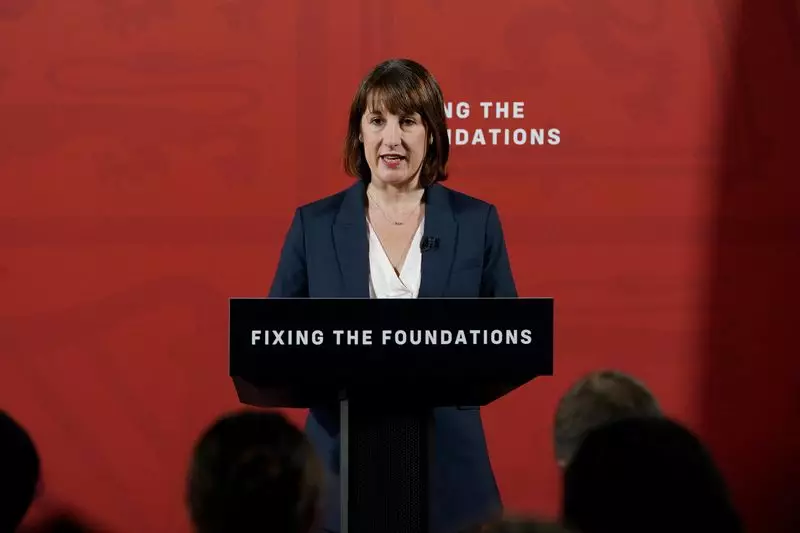The newly appointed British finance minister, Rachel Reeves, has recently confirmed that taxes will need to be raised in the upcoming budget on October 30th. This announcement comes after Reeves revealed a significant 22 billion pound shortfall in this year’s budget, setting the stage for tough decisions to be made in order to stabilize the economy.
The Need for Tax Increases
In an interview with The News Agents podcast, Reeves expressed her belief that raising taxes would be necessary to address the financial challenges facing the country. While she did not specify which taxes would be increased, she made it clear that difficult decisions needed to be made in the budget, including measures related to taxation.
The tax increase proposed by Reeves will be in addition to the 13.5 billion pounds of spending cuts that were announced earlier. These austerity measures are deemed necessary to rectify the alleged mismanagement of public finances by the previous Conservative government. Reeves argues that the true state of the country’s finances was concealed by the Conservatives, leading to the current budgetary constraints faced by the new administration.
The announcement of impending tax increases has sparked political controversy, with the Conservative Party refuting accusations that they had hidden the actual state of public finances. The Conservatives have been in power for the past 14 years and reject claims that they had planned to increase taxes like the Labour Party is now proposing. This division in political ideologies highlights the ongoing debate surrounding fiscal policy and its impact on the economy.
As the UK prepares for its upcoming budget, the decision to raise taxes will undoubtedly have far-reaching consequences for businesses, individuals, and the overall economy. Reeves’ commitment to addressing the budget shortfall through tax increases underscores the government’s determination to stabilize the country’s finances, albeit through unpopular measures.
The impending tax increase in the UK’s budget signals a significant shift in fiscal policy under the new Labour Party administration. Reeves’ willingness to make tough decisions and confront the challenges inherited from the previous government reflects a commitment to financial transparency and economic stability. However, the looming tax increase is likely to be met with resistance and scrutiny, further highlighting the complexities of managing public finances in a politically charged environment.

